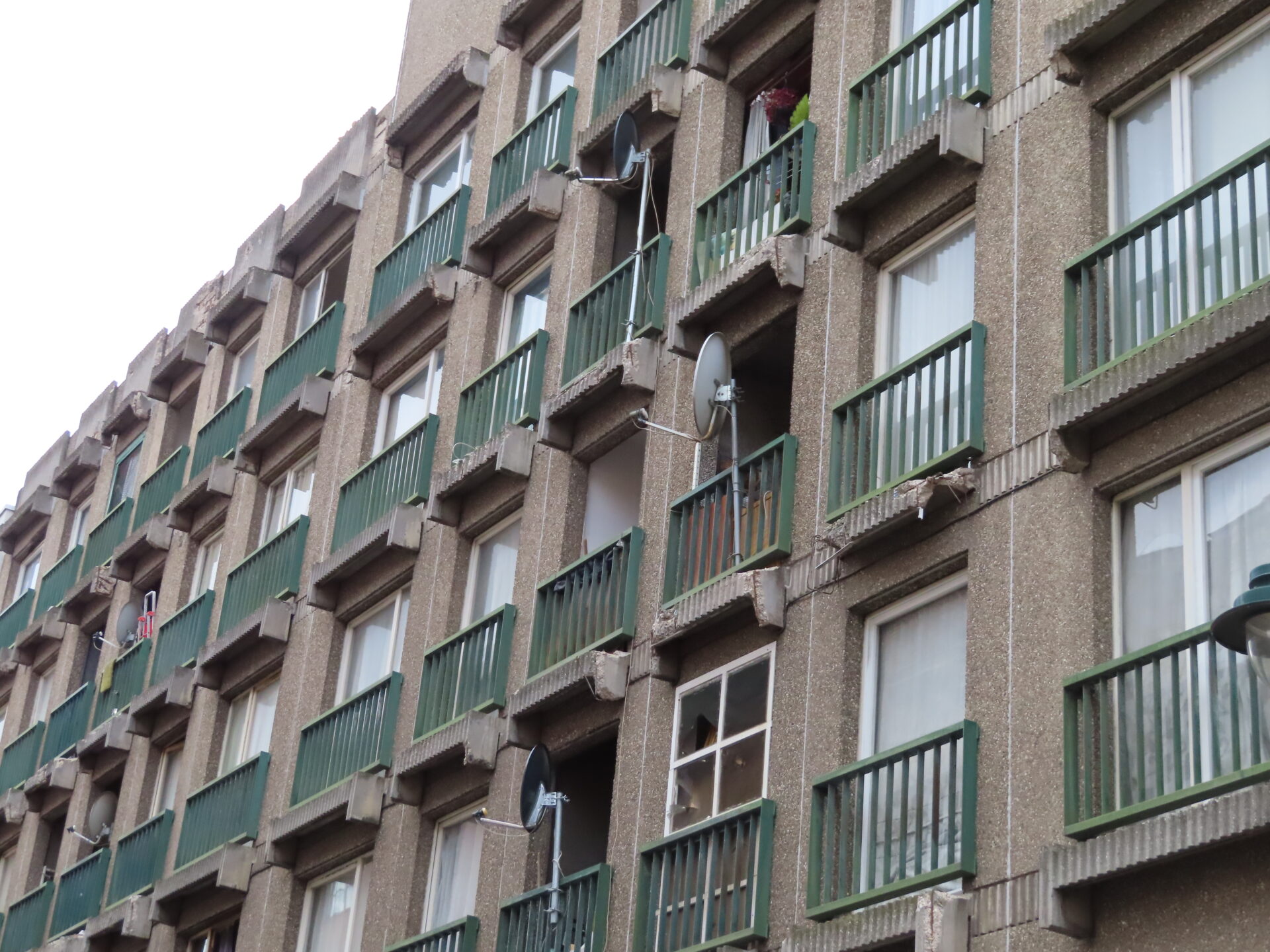The Brussels Government reached an internal agreement on a reform of town planning charges. Among other things, this should in principle boost the construction of affordable housing in the region.
The reform of urban development charges covers what is described as compensation for the social cost generated by a project. It essentially consists of the charges or provision of facilities imposed on building owners to obtain planning permission.
"Those urban planning charges are to ensure more nurseries, schools, libraries and better public transport connections are provided, but they can also be used to co-finance social housing," the Cabinet of State Secretary for Town Planning Ans Persoons (Vooruit.brussels) told The Brussels Times.
Only major projects are concerned, such as residential buildings of more than 1,000 m², offices of more than 500m² or hotels that have more than 20 rooms, for example.
The last decision on these charges made in 2013 did not include an indexation mechanism, even though construction costs of community and mobility infrastructure have continued to rise by no less than 41.4% in ten years. "The non-indexation since 2013 has therefore given the real estate sector an annually increasing "gift" at the expense of the regional institutions and municipalities."
In contrast, the new decree would provide for continuous indexation for all amounts.
Solving acute housing crisis
The current Brussels Government also wants to use the system as leverage to get more social housing in the Brussels property market.
At the end of last year, Persoons highlighted the fact that affordability is one of the biggest challenges facing the Belgian capital and that it is high on the political agenda for the coming year. Housing and rental prices here are the most expensive in Belgium but the average annual income is the lowest (the average annual income is €15,444, meaning many people's wages fall below this amount).
There is currently a waiting list of 50,000 people with an average waiting time of 12 years and old buildings are in desperate need of repair. At the end of December, Persoons already hinted at a minimum level of social housing in large developments by the private sector, which is included in parallel with the current proposal for urban planning charge reform.

Social housing in the lower Marolles neighbourhood. Credit: Ugo Realfonzo / The Brussels Times
It includes a requirement for all residential projects over 3,500 m², the equivalent of a building with 35 flats, to keep 25% of the project available for social housing.
"This measure is justified by the need to find solutions to the acute housing crisis," the agreement reads. This requirement would be included in the Brussels town and country planning code (BWRO).
However, the provision still requires the adoption of an ordinance that Persoons hopes to push through before the June 2024 elections. A study is also still underway to ensure that the right balance is struck to ensure there is some profitability for the private sector, as it is feared they won't want to build new properties otherwise. Accelerated urban development procedures can also be provided for projects with this level of social housing.
Spreading social housing
Another reform aims to eventually increase the supply of housing of a social nature in each municipality to 15% of all dwellings. This means not only social rented housing but also subsidised owner-occupied housing.
Municipalities that remain below that 15% target and where the median taxable income per declaration is higher than the regional average will be obliged to devote urban planning charges to the production of such housing. These include Berchem-Sainte-Agathe-, Ganshoren, Jette, Auderghem, Etterbeek, Woluwe-Saint-Pierre and Woluwe-Saint-Lambert as well as Evere, Uccle and Forest.
The reform also envisages that charges for offices will increase from 200 euro/m² to 283 euro/m² when projects are located in one of the 12 districts with an office density four times higher than the regional average. "This will help transform monofunctional office neighbourhoods (or neighbourhoods with excessive office dominance) into balanced multifunctional neighbourhoods," said Persoons.

